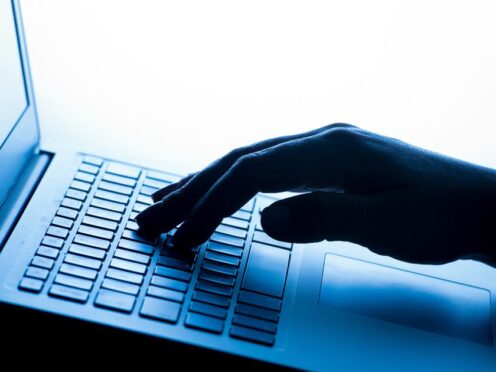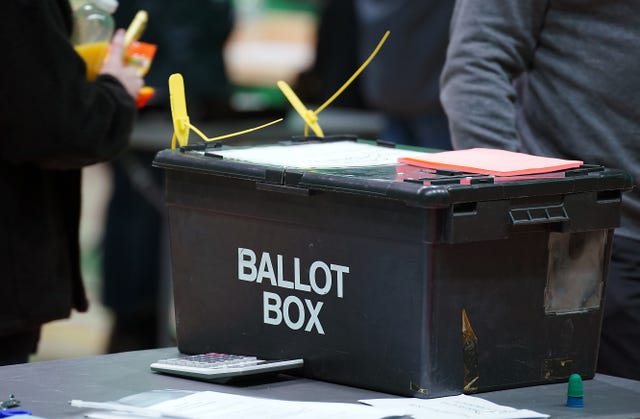
Political candidates and polling officials will be given access to heightened cybersecurity support ahead of this year’s general election amid fears over foreign states targeting the UK’s democratic institutions.
People at risk of being exposed to malicious online activity have been offered a “personal internet protection” service that aims to prevent them falling foul of spear-phishing, malware and other threats.
The opt-in service announced by the National Cyber Security Centre – an arm of GCHQ – will warn users if they try to visit a domain which the intelligence services know to be a risk and by blocking outgoing traffic to such domains.
The announcement comes after the UK and the US accused China of a global campaign of cyber attacks in an unprecedented joint operation to reveal Beijing’s espionage.
Britain blamed the country for targeting the Electoral Commission watchdog in 2021 and for being behind incidents of online “reconnaissance” aimed at the email accounts of MPs and peers.
News that the Ministry of Defence had been subject to a hack last week also prompted speculation that Beijing was responsible, but the Government is yet to attribute the attack to a specific actor.
Prime Minister Rishi Sunak has said Britain is facing “an axis of authoritarian states” including China and Russia which pose a risk to “our values, our interests and, indeed, our country”.
Last December, the UK also condemned Moscow’s “sustained attempts at political interference” in the UK and globally, citing efforts to target parliamentarians, civil servants and journalists.

Jonathon Ellison, NCSC director for National Resilience and Future Technology, said: “Individuals who play important roles in our democracy are an attractive target for cyber actors seeking to disrupt or otherwise undermine our open and free society.
“That’s why the NCSC has ramped up our support for people at higher risk of being targeted online to ensure they can better protect their accounts and devices from attacks.
“In this significant year of elections around the world, I urge individuals eligible for our services to sign up and to follow our guidance now to bolster their defences.”
The NCSC has warned that the personal accounts of candidates and election officials, as well as their official work accounts, are “almost certainly attractive targets for cyber actors looking to carry out espionage operations”.
The personal internet protection offering for high-risk individuals builds on the NCSC’s protective DNS service, which was developed mainly for use by organisations and has prevented access to 1.5 million malicious domains since 2017.
People at higher risk are also encouraged to sign up for the “account registration service” – another opt-in which allows the security services to alert individuals if malicious activity is detected on their personal accounts.

Enjoy the convenience of having The Sunday Post delivered as a digital ePaper straight to your smartphone, tablet or computer.
Subscribe for only £5.49 a month and enjoy all the benefits of the printed paper as a digital replica.
Subscribe